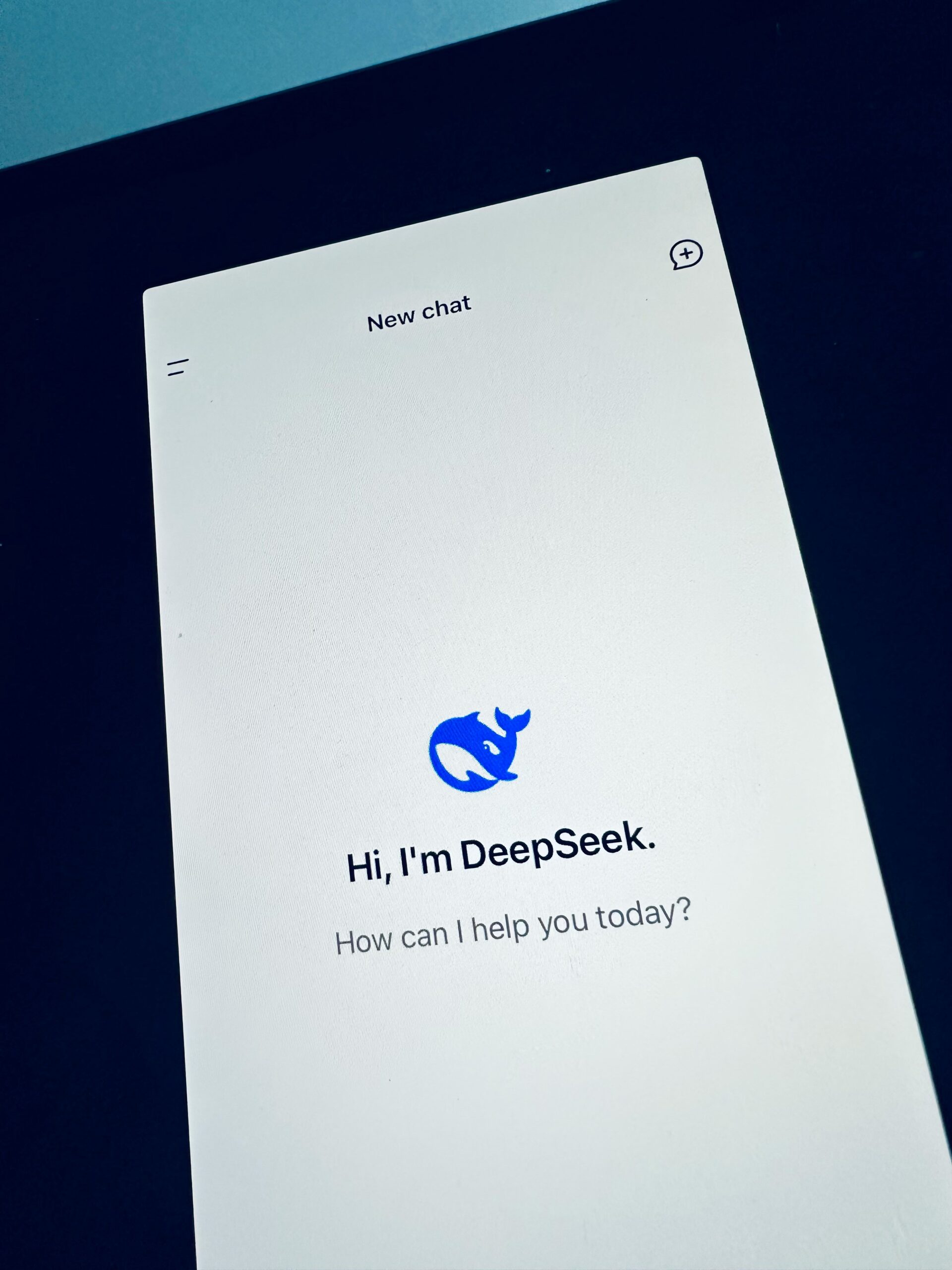Image credit: Unsplash
AI has transformed how businesses conduct their trade. Whether in analyzing data, predicting consumer trends, or even generating marketing content, this rapidly evolving technology has quickly allowed businesses to hone in on the finer details of what makes their customers behave the way they do.
However, companies relying on traditional demographic data, such as age, income, location, and even gender, may find that this knowledge is not as consumer-aligned as they would like it to be. In the newfound world of artificial intelligence, businesses must rely on real-time AI-powered data analytics to succeed.
The Power of Real-Time Data
Consumer trends are constantly shifting, and real-time data powered by artificial intelligence proves that. With AI technology now capable of collecting, processing, and analyzing customer data as it happens in real-time, businesses no longer have to rely on former technologies or insights that would typically take hours, days, or weeks to generate.
With real-time analytics capable of performing various tasks, including analyzing customer acquisition and departure, behaviors and characteristics, and even the types of content they engage with, businesses can now utilize this data to determine what is and isn’t working on their platforms.
Balancing the Use of AI With Human Creativity
With AI’s newfound capabilities becoming more evident daily, many question how to utilize it with human creativity.
As a collaborative tool, AI platforms have shown they can generate all manner of insights and data and even offer feedback on inputted questions and ideas. However, AI should be used to enhance human-led marketing strategies, as technology cannot understand the many nuances of human interest.
Using AI-Powered Intelligence to Provide Real-Time Insights
Many companies, including Diesel Labs, use AI-powered audience intelligence to provide real-time marketing insights. Equipped with tools that blend AI insights with quantitative data to provide more precise marketing strategies, the company can see how its consumers behave.
Anjali Midha, CEO of Diesel Labs, has said they “really see AI working hand in hand with the creative community.”
“Everything we do is about surfacing insights more efficiently and concretely in a way to help and assist our partners who are on the creative side,” Midha adds.
Ethical Considerations and Data Privacy
However, even with AI being a super-powered tool capable of analyzing content and generating data streams from it, there lies a challenge in leveraging consumer data for these insights while maintaining consumer trust. With the precious data, many are now hesitant to provide authorization to obtain these insights when visiting a website.
Thankfully, many leading companies have turned to anonymizing and aggregating data to ensure the ethical use of artificial intelligence in tandem with information collection. This builds consumer trust and allows people to feel more control over their data.
AI is capable of doing amazing things. For brands that are already utilizing its capabilities, its impact is not just beneficial but game-changing.
As the world adapts to AI, brands, and companies should focus on growth and maintaining consumer trust through ethical AI. This ensures audiences will be more forthcoming with their data and the insights gleaned from it, and companies can grow.
































































































































































































































